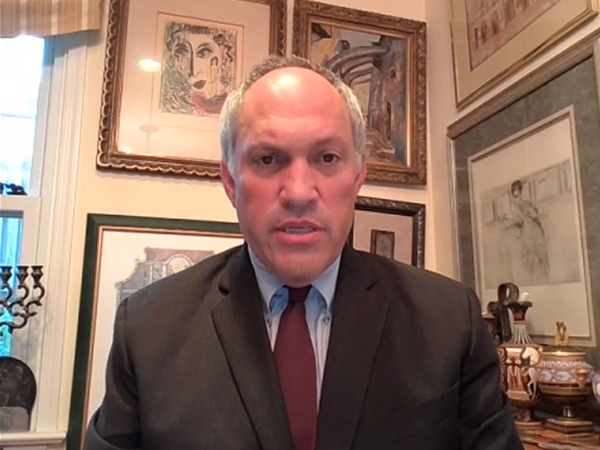Our Bureau
Hood Drive, MS
World-over rice cultivation is facing a crisis due to climate change and extreme weather events. Recently, Raju Bheemanahalli Rangappa, a Mississippi State University (MSU) assistant research professor in plant and soil sciences, has been empowered to find sustainable solutions to the rice crisis with a $720,500 grant from the USDA National Institute of Food and Agriculture.
The university’s Mississippi Agricultural and Forestry Experiment Station, or MAFES, team is using heat multi-parent advanced generation inter-cross (Heat MAGIC) populations of rice to test tolerance to various temperature combinations, increasing the chances of finding viable solutions.
Rangappa said, “Our team is focusing on phenotyping and identifying climate-resilient rice varieties with improved tolerance to temperature stress.”
“A MAGIC population is a breeding population used in plant research. It involves crossing multiple parents over several generations and then self-pollinating the resulting offspring for additional generations. By analyzing the genetic makeup of this population, researchers can identify the genes likely to control trait expressions,” Rangappa said. “Imagine you’re a painter. It’s like creating new shades.”
The MSU team, including research professor and director of the university’s Soil Plant Atmosphere Research Unit, Raja Reddy, is collaborating with the International Rice Research Institute in the Philippines and the USDA-ARS Dale Bumpers National Rice Research Center in Arkansas. This partnership combines scientific expertise in stress physiology, breeding and genomics to address the rice crisis under heat stress.
The Heat MAGIC rice was developed by scientists at IRRI to improve varieties with desirable traits. The project is divided into four phases over the next four years. The first two years will be heat stress tolerance field testing in the Philippines. The same population will then be tested in Arkansas and Mississippi to complete additional field and controlled environment experiments.
“The IRRI in the Philippines offers vast resources and dedicated scientists, while the USDA-ARS DBNRRC in Arkansas manages one of the largest rice collections in the United States,” Rangappa said.
With this, researchers hope to develop climate-tolerant rice varieties.


























